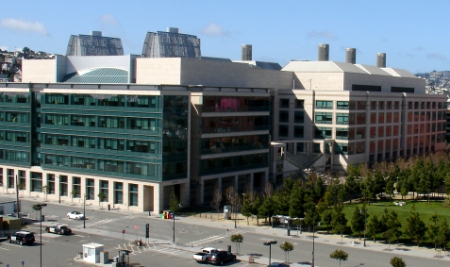University-Lab Partnership Aids Teachers

Science textbooks provide students with lots of useful facts, but science is not about spoon-fed answers. “Learning doesn’t work that way in the lab. You might start with a phenomenon that gets you wondering and leads to questions. We’re helping them (students) build critical thinking skills,” Rebecca Smith, co-director of the Science and Health Education Partnership, told the San Francisco Chronicle. The program links researchers from the University of California, San Franciso (UCSF) with San Francisco public school teachers to help the K-12 instructors do a better job of teaching hard science and equip them with the special skills necessary to conduct laboratory research.
The program is largely aimed at elementary school teachers who do not have the training or confidence needed to teach tough concepts, like photosynthesis, the Chronicle reports. Around 300 UCSF academics have volunteered to help in the program. They teach five or six lessons a semester and also provide extra training over the summer to the science teachers. The program office, on the UCSF campus, also lends city schools equipment, books, animal skulls, and even human organs floating in plastic containers.
Anastasia Pickens, who teaches at the Alvarado Elementary School, told the paper that lab projects help students better understand the concepts they read about in books, which is particularly useful to those kids with poor reading skills.
Filed under: K-12 Education News








